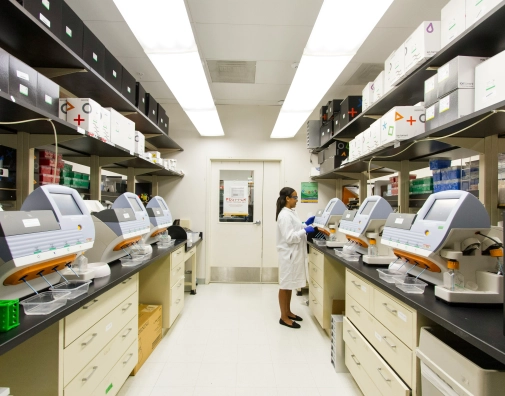
Adoption and Identity: Understanding the New Law on Access to Origins

What impact does the 2024 law have on the right to know one’s origins?
1. When Knowing Your Roots Becomes a Fundamental Right
Until June 8, 2024, nearly all adoption paths in Quebec were wrapped in secrecy: it was forbidden to know your biological parents without their explicit consent. But the 2024 law changed everything — the right to know one’s origins is now enshrined in the Quebec Charter of Human Rights and Freedoms.
This reform puts an end to a longstanding tradition of strict confidentiality: from the age of majority, any adopted person can now discover the name of their birth parents, even if those parents had previously refused to be identified.
2. A Strengthened Right — With Nuances
In practical terms, the law allows not only the identification of biological parents, but also of adult siblings and even biological grandparents. It also extends these rights to international adoptions, children who were eligible for adoption but never adopted, and descendants of deceased biological parents.
Adoptees can obtain documents such as their original birth certificate or adoption judgment, even if personal contact information may still be withheld in cases of a “refusal of contact.” This refusal doesn’t block access to identity, only to information that would facilitate reunification.
3. The Big Winners: Adults and Their Stories
This law represents a radical shift: for any person currently of legal age in Quebec, parental vetoes on identity are no longer valid. It’s a historic step forward — one that advocacy groups like Mouvement Retrouvailles have been demanding for over 40 years.
Still, the reform brings mixed emotions. Some birth mothers, who were promised anonymity and pressured by past societal norms, are now expressing anxiety or even anger — especially when secrets buried for 50 years are suddenly revealed.
4. When Law Meets Emotion
Legal access doesn’t necessarily lead to clear answers. Adoption records — especially older ones — may be incomplete, vague, or even contradictory. This can cause frustration, confusion, or emotional distress for adoptees, whose identity needs clash with imperfect documentation.
5. Between Formal Services and DIY Paths
Discovering one’s origins can be done through official services (CISSS/CIUSSS for adoptions in Quebec, or SASIE for international cases). These institutions offer psychosocial support, socio-biological summaries, and help with searches.
But increasingly, adopted individuals are turning to informal methods: DNA testing, social media, or genealogy websites — sometimes even bypassing official refusals of contact. These alternative routes reflect the complex emotional and practical dimensions of searching for one’s origins.
6. Bottom Line: A Reformed Right, Still a Sensitive Journey
In short, the 2024 law is a true breakthrough: the right to access one’s biological identity is now a structured, legal right. It gives thousands of people the opportunity to trace their origins, their history, their sense of self.
Yet, the journey remains fraught with challenges:
- Balancing rights: the right to know your origins vs. the right of birth parents to remain anonymous
- Uneven data: records can be incomplete, unclear, or misleading
- The need for support: the emotional stakes make psychosocial guidance essential
Conclusion
The 2024 law finally opens a more transparent and just path: the right to your origins is no longer abstract — it is real. It’s a powerful gesture toward recognizing the identity of adoptees and a society that says: your story belongs to you, even if it began elsewhere.
But this progress also calls for sensitive conversations — between adoptive families, adoptees, and birth parents — so that the search for identity isn’t just permitted, but respected, supported, and above all, deeply human.
To learn more, visit the Éducaloi website.
"Service très professionnel, simple et clair!
Rapports bien détaillés --
Je suis très heureux de mon expérience, je recommande fortement."
Other Journal : Files
VIEW MORE


